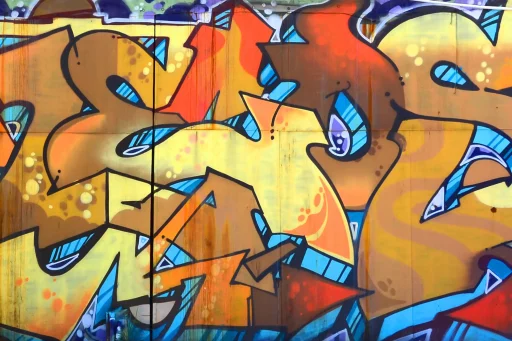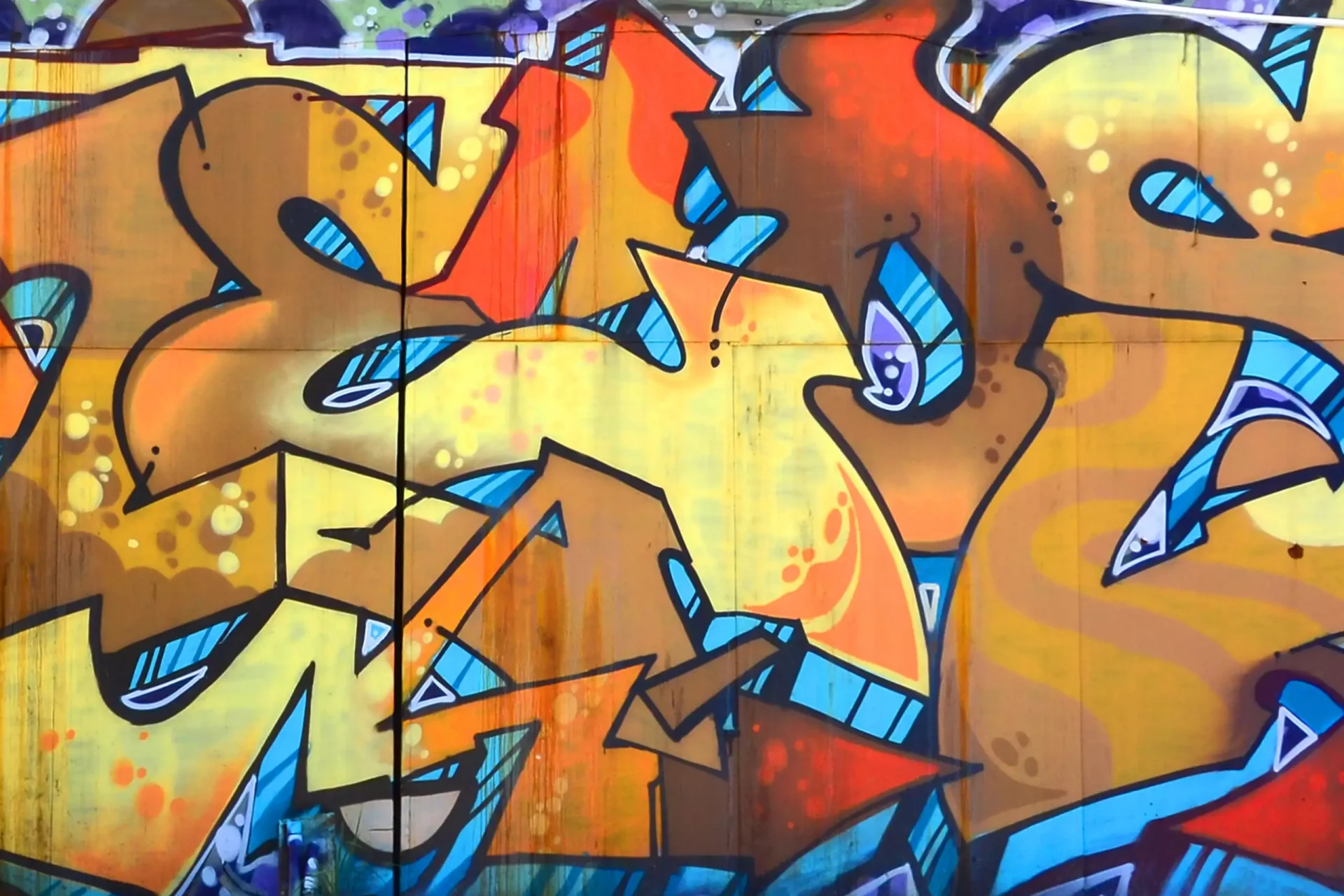Introduction to ‘Leng’
The term ‘leng’ has become increasingly popular, particularly in youth culture and social media. Often found in platforms like the Urban Dictionary, the word carries nuanced meanings and has evolved into a descriptor of beauty, desirability, and attraction. But what exactly does it mean to be ‘leng’? In this article, we will explore this term, its origins, usage, and cultural significance.
Origins of ‘Leng’
‘Leng’ is thought to have originated from British slang, particularly in London and the surrounding areas. It is often associated with the multicultural vibrancy of the city, combining various influences from different cultures and communities. The term has gained traction in rap and drill music, where artists frequently employ it to characterize attractive individuals.
Definition and Usage
The Urban Dictionary defines ‘leng’ as an adjective used to describe someone who is exceptionally attractive or good-looking. It can also imply a sense of swag or style. For example, if someone posts a beautiful picture on social media, a comment might read: “You’re looking leng today!” This usage illustrates how the term is often employed in a complimentary context.
Examples of ‘Leng’ in Pop Culture
- Music: Many UK rappers and drill artists use ‘leng’ in their lyrics, contributing to its spread among younger audiences.
- Social Media: Influencers and everyday users alike utilize the term on platforms like Instagram and TikTok to praise attractive people.
- Television: Reality shows, particularly those focused on dating, frequently feature contestants using slang terms like ‘leng’ to describe each other.
Case Studies: The Rise of ‘Leng’
A key case study that illustrates the rise of ‘leng’ comes from social media platforms, specifically TikTok. From the year 2020, there has been a marked increase in the usage of ‘leng’ in comments and hashtags, particularly among Gen Z users. According to a survey conducted by Social Media Today in early 2023:
- 65%: of respondents aged 16-24 reported encountering the term ‘leng’ in their daily social media interactions.
- 45%: acknowledged using the term to describe their own or others’ attractiveness.
This data highlights how ‘leng’ has permeated social interactions, especially among the younger generation, signaling a shift in the vernacular.
Statistical Evidence of ‘Leng’s Popularity
The increase in the term ‘leng’ can also be backed by statistics revealing its prevalence in online dialogues:
- Search Trends: Google Trends data from 2021 to 2023 indicates a 40% increase in searches for the term, indicating rising interest.
- Urban Dictionary Entries: Over the past five years, the number of entries and definitions related to ‘leng’ has tripled, reflecting an expanding understanding of the term.
The Impact of ‘Leng’ on Identity and Self-Expression
The emergence of ‘leng’ reflects wider trends in how beauty and attractiveness are expressed, especially within digital contexts. The term embodies a specific youth culture emphasis on aesthetics and instant self-affirmation. Within the social media realm, users curate their identities based on feedback from peers and followers, often using slang terms like ‘leng’ to validate their self-image.
Conclusion: The Future of ‘Leng’
As language continuously evolves, so too will the use of ‘leng’. Its adaptability makes it a prime candidate for further evolution within youth culture. As more people become aware of the term, and as it spills into different dialects and cultures, its meaning may undergo changes, leading to potentially wider applications. Therefore, while ‘leng’ currently serves to identify physical attractiveness, it might evolve into a more complex expression of personal identity and cultural significance.


